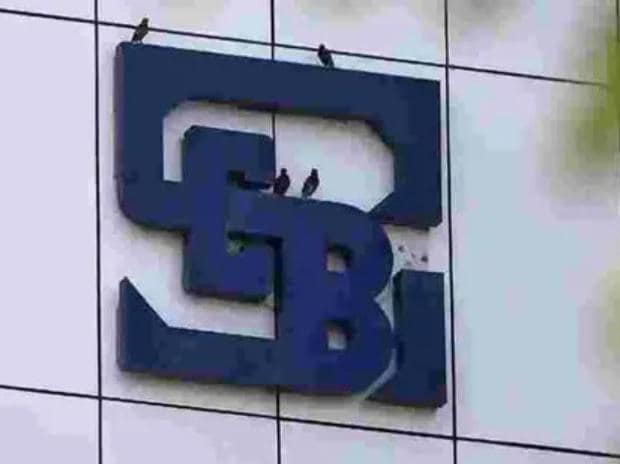The Securities and Exchange Board of India (Sebi) board on Tuesday approved phasing out of buybacks through the stock exchange route in a graded manner, along with chalking out governance mechanisms for addressing lapses at market infrastructure institutions (MIIs) like stock exchanges, depositories, and clearing houses.
“We feel the tender route is a more equitable one for buybacks. The other route is vulnerable to favouritism. Except a few, no one knows when the company buyback is going to happen,” said Sebi Chairperson Madhabi Puri Buch after the board meeting.
The regulator has given its go-ahead to increase the minimum utilisation of the amount earmarked for buyback through the stock exchange way, from the existing 50 per cent to 75 per cent, until the route is completely phased out by March 2025.
Buybacks will be undertaken through a separate window on stock exchanges until then.
Sebi will also permit the upward revision of the buyback price until one working day before the record date.
Following the glide path, the period for completion of the buyback offer will be reduced from the present-day six months to 66 working days from April 1, 2023, and will be taking it further down to 22 working days from April 1, 2024.
“Arguably, this is fair and will allow all shareholders to participate. Sebi has also indicated reducing the overall timeline of such processes. Whilst this is also a very positive move, there will be some alignment with filing and compliance with overseas issues, and other shareholders may decide,” said Yash J Ashar, partner, head-capital markets, Cyril Amarchand Mangaldas.
In another overhaul of the governance mechanism, Sebi has laid down measures to bring about transparency and accountability to stock exchanges and MIIs.
Under the new framework, board members and key management personnel (KMP) will be held accountable if they are aware of any wrongdoing and do not report it appropriately.
Furthermore, a sharper code of conduct will also apply to MIIs, KMP, and board members.
An internal evaluation of MIIs will have to be done every year, while an external evaluation will be done once in three years by an independent entity.
Furthermore, the chief regulatory officer will be required to submit a quarterly report to Sebi on non-compliance, if any.
The framework has been based upon the recommendation of a committee, led by former whole-time member G Mahalingam, which was constituted in the wake of alleged governance lapses at the National Stock Exchange over the appointment and promotion of Anand Subramanian.
MIIs will be required to frame an internal policy for sharing and monitoring data.
The board approved the framework for the adoption of Cloud services by Sebi-regulated entities addressing risk assessment, regulatory and legal compliances, and mandatory security compliances.
Earlier, when Sebi had floated the consultation paper for the same, overseas investors had raised concerns about local data storage.
Responding to this, Sebi whole-time member Ananth Narayan said, “Sebi has not asked foreign portfolio investors (FPIs) to keep their client data onshore or local. What we wanted them to do was to keep a copy of the know-your-customer details. We told them this could be done by their custodians and authorised dealers and not directly by them.”
The board has also decided to designate stockbrokers, based on identified parameters, as qualified stockbrokers (QSBs) who would need to comply with enhanced risk management practices/requirements. Sebi Chair said that nearly 16 brokers will fall under QSB under the suggested parameters.
Sebi will also provide an investor risk reduction access platform that will help clients in squaring off risks in the event of disruption of trading services provided by a broker. It is expected to be available from the third quarter of 2023-24.
Among other decisions, Sebi has also approved enhancing the scope of the definition of ‘green debt security’ and the introduction of sub-categories of green debt securities for sectors like water management and solar energy.
The board also permitted the introduction of corporate governance norms for real estate investment trusts and infrastructure investment trusts, similar to those applicable for listed companies, and measures to streamline the onboarding process to facilitate the ease of doing business and reduce the time taken for registration of FPIs.
Furthermore, it has been decided to permit alternative investment funds to participate in credit default swaps, not only as protection buyers but also as protection sellers, subject to conditions for risk mitigation.
Note:- (Not all news on the site expresses the point of view of the site, but we transmit this news automatically and translate it through programmatic technology on the site and not from a human editor. The content is auto-generated from a syndicated feed.))




how to access dark web the dark internet dark websites